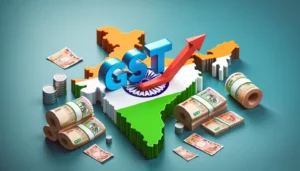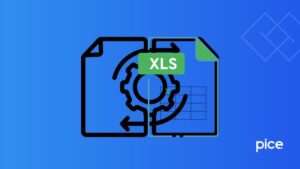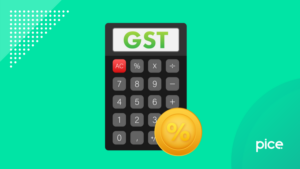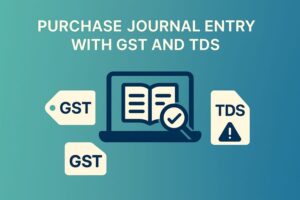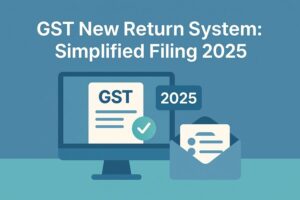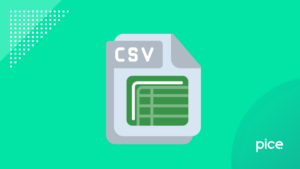Can We Claim GST Input on Fixed Assets?
- 4 Sep 24
- 9 mins

Can We Claim GST Input on Fixed Assets?
Key Takeaways
- Business Use Only: ITC on fixed assets is claimable if used solely for business purposes with proper documentation.
- No Personal ITC: ITC isn’t available for assets used for personal or non-business purposes.
- Depreciation Impact: Claiming ITC is possible only if depreciation is not claimed on the GST-inclusive amount.
- Instalment ITC: ITC on assets bought in instalments is claimable after receiving the final instalment.
- Compliance: Ensure GSTR-3B filing and maintain tax invoices or debit notes to claim ITC.
The pre-GST regime imposed several restrictions upon the sale of fixed assets and their disposal under Excise and Service Tax. CENVAT credit was also available under a set of certain very strict conditions as per the CENVAT Credit Rules, 2004.
With the GST introduced in 2017, the rules became a lot simpler than before. Along with the availability of Input Tax Credits, there were fewer restrictions imposed upon the sale of capital goods.
Handle all your sales and purchase invoices in one place.
Pice’s all-in-one invoice management tool helps you track, send, and organize invoices from a single dashboard. Automatically share new invoices with customers, send timely payment reminders, and keep your collections under control—effortlessly.
Want early access? Fill out this form to get request a demo!
In this blog, we will discuss if we can claim GST input on fixed assets, items eligible for GST credits and other relevant details.
What Is Input Tax Credit?
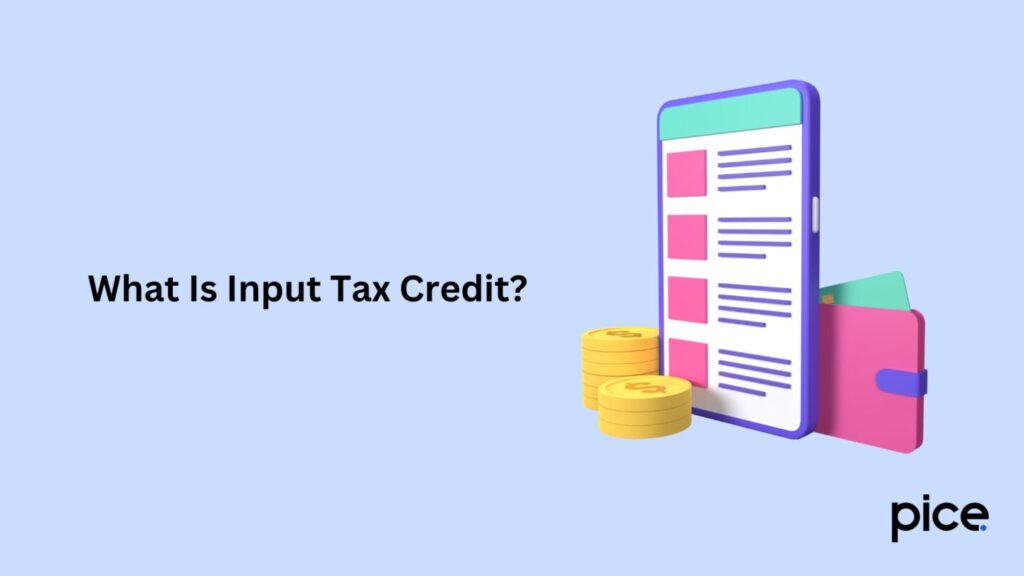
Input Tax Credit (ITC) can be defined as the GST that a registered taxpayer pays on the purchase of goods or services for the furtherance of business. The person can use ITC to offset the tax liability on the supply of goods or services.
Goods and Services Tax provides the benefit of ITC to businesses that have GST registration, manufacturers, e-commerce operators and others who are included in the legislation. For example, if a manufacturer purchases raw materials and pays the necessary tax on it, they can deduct the amount of tax during the sale of finished products.
One of the primary input tax benefits is that it significantly decreases the tax burden by allowing you to claim a refund for the taxes paid during the time of purchase. Additionally, it helps to eliminate the cascading effect of double taxation.
Separating Inputs from Investment Goods
Inputs are the goods or services that are consumed or used in the process of producing another good or service. They are essentially consumed during the production process itself. These are known as business expenses.
Investment goods, on the other hand, are assets that a business acquires which provide long-term benefits. They are not used up in the production process as they are used to generate revenue in the future.
Example: Consider a pizza joint. The flour, the sauce, the mozzarella and other ingredients that are used to make the pizza are called inputs. These are essential for the pizza and are used up entirely in the production cycle. On the other hand, the oven that is used to bake the pizza would be considered an investment good as it is a long-term asset. It is not consumed immediately and continues to add value over time.
List of Capital Goods under GST
Capital goods are those that are used in the production of goods and services and generate revenue over a longer period. Here is a capital goods list under the GST Law:
- Plant and machinery: Plant and machinery purchased for manufacturing or production processes
- Furniture and fixtures: Items used for offices and business purposes
- Vehicles: Vehicles and similar machines used for the transportation of goods and services
- Buildings: Buildings primarily used for commercial purposes
- Software and IT System: Software and the whole IT system arranged for data management and IT operations.
Certain Capital Items are Eligible for GST Credits
Certain capital items are eligible for GST credits. Let us discuss them in detail:
- Plant and Machinery: Plant and machinery are not considered to be eligible for input tax credit. They are considered to be equipment or apparatus fixed to the ground. Civil structures such as pipelines or telecommunication towers placed outside the factory have separate provisions. Credit is available for plant and machinery under the two following conditions:
- There is no claim for depreciation on the tax component of capital goods.
- The plants are used strictly for developing the business and not for personal purchase.
- Vessels and Aircraft: Credit for vessels and aircraft are available if the purchase is for supply or transportation purposes, that is, airline services. It is also utilised if they are used for providing training such as flying an airline. One can also claim credit on vessels or aircraft purchased for transportation of goods.
- Motor Vehicles: GST prohibits claiming credit for bikes or cars. Vehicles with a seating capacity of more than 13 people are eligible for claiming credit to transport goods or passengers. If the seating capacity is 13 people or less, credit can be claimed only under certain conditions:
- If a dealer purchases the motorcycle for taxable supply of motorcycles for business purposes.
- If the registered person has a business of transportation of passengers, he can claim credit for motorcycles. The purchase has to be strictly for business purposes. If he uses it for personal consumption, he is not eligible to claim credit.
- If the person has a business of imparting training to ride motorcycles.
- If the person uses the motorcycle for transportation of goods.
- Works Contract Services and Construction Services: GST provides restriction of ITC on goods or services you use for business purposes. This includes works contract services as well, even if the building is capitalised in the accounts book.
GST Input on Capital Goods
Capital goods benefit businesses by expanding and increasing the production capacity of goods and services. Businesses should, therefore, have a thorough knowledge of the rules on the sales of capital goods to ensure proper business compliance.
To be eligible to claim ITC, there are certain rules for capital goods, like submission of GST annual return. The taxpayer also needs to produce proper documentation of the business transaction. You may also be required to submit some additional documentation, as per requirement.
One cannot claim an input tax credit attributable against the purchase of capital goods for personal use, non-business purposes or making exempt supplies. The normal taxpayer cannot claim an input tax credit for capital goods upon which GST is levied at a zero rate. Therefore, the individual can claim the input tax credit on capital goods only if they are taxable.
ITC on Fixed Assets and Depreciation
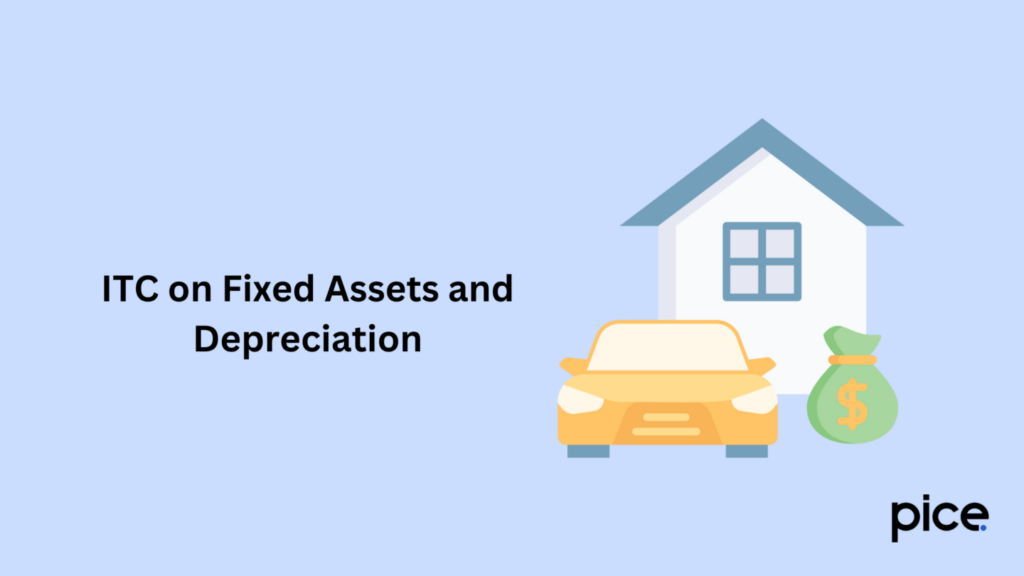
To claim ITC, a regular taxpayer has to first claim depreciation on the price of capital goods. This price does not include the GST paid. One cannot claim ITC if depreciation is deducted from the total expenditure on capital goods. This total expense covers the GST paid as well.
For instance, if you purchase a new computer for business purposes, it comes under the category of capital goods. Let us suppose that the price of the computer is ₹50,000 and GST applied is 18%, that is, ₹9,000. Therefore, the total amount spent on the computer is ₹59,000.
According to the Income Tax Act, computers depreciate at the applicable rate of 40% for over five years. Under Section 16 of the CGST Act, you can claim depreciation only on the amount paid excluding GST, which is ₹50,000. If you claim depreciation on the entire amount of ₹59,000, you will be ineligible to claim Input Tax Credit.
Can We Claim GST Input on Fixed Assets?
Like all capital goods, the purchase price of capital assets is taxable according to the CGST Act. If the purchase is solely for business purposes then one can claim ITC against any amount. There are, however, certain conditions that need to be met before you initiate the claim process. Such as:
- The buyer is eligible to claim ITC If he possesses a debit note or tax invoice that serves as evidence of the purchase payment.
- The buyer needs to furnish the tax returns in Form GSTR-3B.
- In the case of instalments, ITC is eligible for availment once the buyer receives the last instalment lot.
- You cannot claim ITC if there has been a claimant of depreciation on tax during the purchase transaction of capital goods.
Conclusion
It is now clear that we can claim GST input on fixed assets and how it helps businesses to improve cash flow. Input tax credit not only reduces the cost burden on the business individuals but also ensures that paying tax becomes a much smoother process. In a country where the economy is growing rapidly, optimising ITC helps businesses grow and flourish for a better financial future.
💡If you want to pay your GST with Credit Card, then download Pice Business Payment App. Pice is the one stop app for paying all your business expenses.
 By
By 






